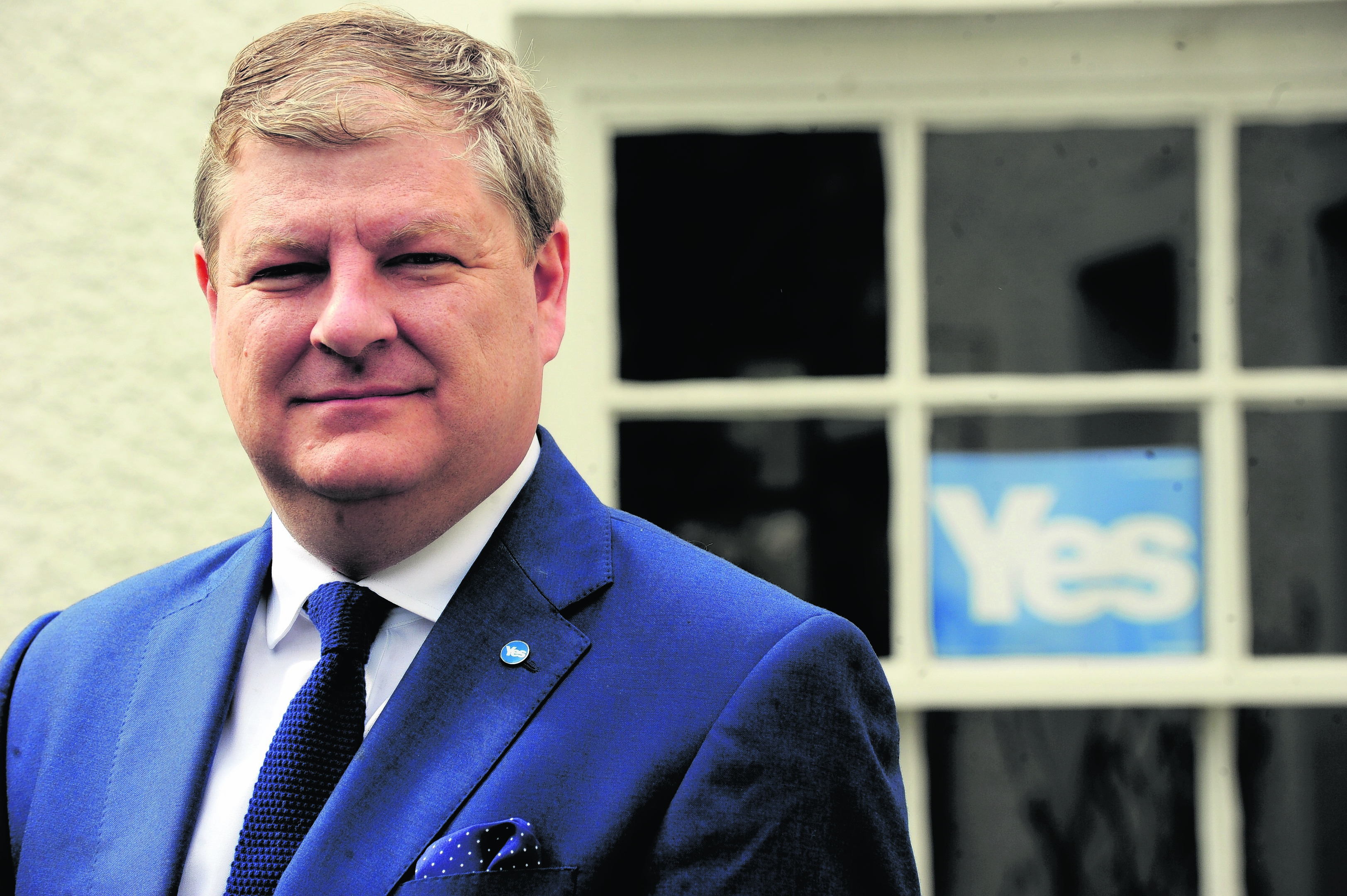The SNP has not ruled out taking legal action over plans to exclude them from UK-wide live TV debates in the run-up to next year’s general election.
Angus Robertson, the party’s Westminster leader, said today that a court challenge to the broadcasters’ proposals is a possibility.
He told BBC Radio Scotland: “We’ll not rule out any opportunities to get fairness in broadcasting coverage in the run-up to the election.”
Under joint plans put forward by the BBC, ITV, Sky News and Channel 4, there would be three main televised clashes ahead of the May ballot.
The blueprint from the broadcasters would see former Newsnight host Jeremy Paxman chair a one-on-one contest between Prime Minister David Cameron and Labour leader Ed Miliband for Sky News and Channel 4.
The Conservative and Labour leaders would then be joined by Liberal Democrat counterpart Nick Clegg for a BBC debate presented by David Dimbleby.
And the trio could then be joined by Ukip leader Nigel Farage for an ITV programme chaired by Julie Etchingham.
The announcement – which follows months of detailed negotiations over the format for debates next year – is said to reflect “changes in the political landscape”.
Ukip came top in European elections in May, and secured its first elected Commons seat last week – while the Liberal Democrats have been languishing in the polls.
But Mr Robertson branded the exclusion of his party as “utterly unacceptable”.
The SNP went to court in April 2010 to mount a legal challenge to the televised debates that were staged in the run-up to that year’s general election, arguing the TV clashes should not be screened in Scotland if the party was not included.
The nationalists had sought an interim interdict but this was rejected, and the debate which featured Gordon Brown, David Cameron and Nick Clegg was broadcast as scheduled.
Mr Robertson criticised plans for the SNP to again be excluded from the UK-wide TV showdowns.
“The fact that the BBC thinks that in these circumstances being a public broadcaster that it is appropriate to exclude a Scottish voice from the UK debates is extremely problematic,” he told the Good Morning Scotland programme.
“The BBC is in a total muddle on this. They have to work out whether they are a public service broadcaster, whether they believe in impartiality and balance, or not.
“And excluding the third largest political party in the UK from a debate in the run-up to the next Westminster election, where we may well hold the balance of power, is disservice not only to the ethos of the BBC, not just to voters in Scotland, but frankly to voters throughout the UK. They deserve a lot better and the BBC must rethink what its plans are.”
Scottish Secretary Alistair Carmichael told the same programme: “The SNP will always come forward with complaints like this.”
The Liberal Democrats want the TV debates next year to be in the same format as in 2010, with three debates involving the leaders of the three main UK parties over three weeks.
Mr Carmichael said: “The difference between our unhappiness and their (the SNP’s) unhappiness is that we are a UK-wide party, we stand candidates across the United Kingdom, they don’t and they seem to ignore quite conveniently the fact that there is always within Scotland accommodation made for debates that do completely respect the position of the SNP, and I would be very surprised if that was not going to be the case this time.”
A BBC Scotland spokesman said: “In Scotland, the BBC is proposing a debate, in peak time on BBC One, involving the leaders of the SNP, Scottish Labour, Scottish Conservative and Scottish Liberal Democrat parties. We have written to the parties to begin discussions about our proposals and we will ensure impartiality during the election in Scotland.
Full details of our content will be released over the coming months once they are finalised.”
